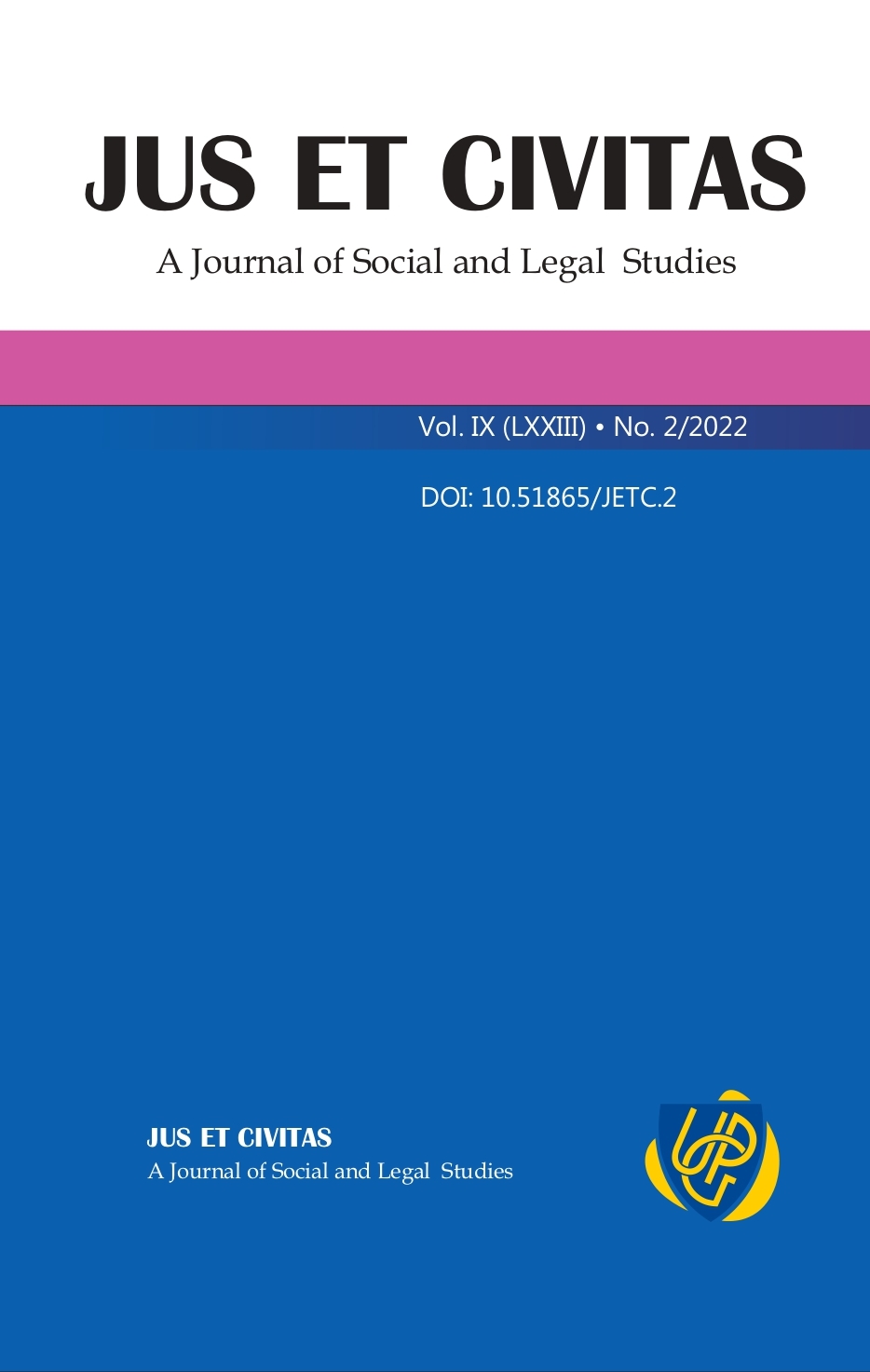An Example of National Case Law on Moral Damages in the Field of Virtual Communities and Data Protection
An Example of National Case Law on Moral Damages in the Field of Virtual Communities and Data Protection
Author(s): Silviu-Dorin ȘchiopuSubject(s): Law, Constitution, Jurisprudence, Civil Law, International Law, ICT Information and Communications Technologies, EU-Legislation, Comparative Law, Administrative Law
Published by: Editura Universitatii Petrol-Gaze din Ploiesti
Keywords: European Union Law; national law; virtual communities; WhatsApp; data protection; privacy; non-material damages; moral damages;
Summary/Abstract: The ease of communication thanks to services such as those offered by WhatsApp Messenger is not without correlative responsibilities, including in the field of personal data protection and the right to privacy. On a WhatsApp group, created for information to be sent from the Chairman of the Representative Council of Parents from Bucharest German Goethe College to parents and vice versa, the Chairman posted the document initiating a lawsuit filed by one of the parents against the Board as a result of the son's sanction consisting in a bad grade for behavior. Bucharest Tribunal held that the information provided by the college to the Chairman of the Representative Council of Parents by communicating the request for summons in its entirety exceeds the proportional and necessary character provided by Article 6 (1) of Regulation (EU) 2016/679. Likewise, the Court held that the Chairman who disclosed the document had the opportunity to communicate only the information necessary to that community, not the personal data of the applicants. So the assertion that the defendant communicated the respective document only for information purposes cannot be retained, this exceeding the requirement of proportionality and the necessary character. The Tribunal found that, by committing the two illicit acts mentioned, the child's right to privacy was violated, as recognized by Article 8 ECHR and Article 71 of the Romanian Civil Code. Although a cassation appeal was filed, the outcome of this case came as no surprise, the appeal on a point of law being rejected.
- Issue Year: LXXIII/2022
- Issue No: 2
- Page Range: 1-6
- Page Count: 6
- Language: English

